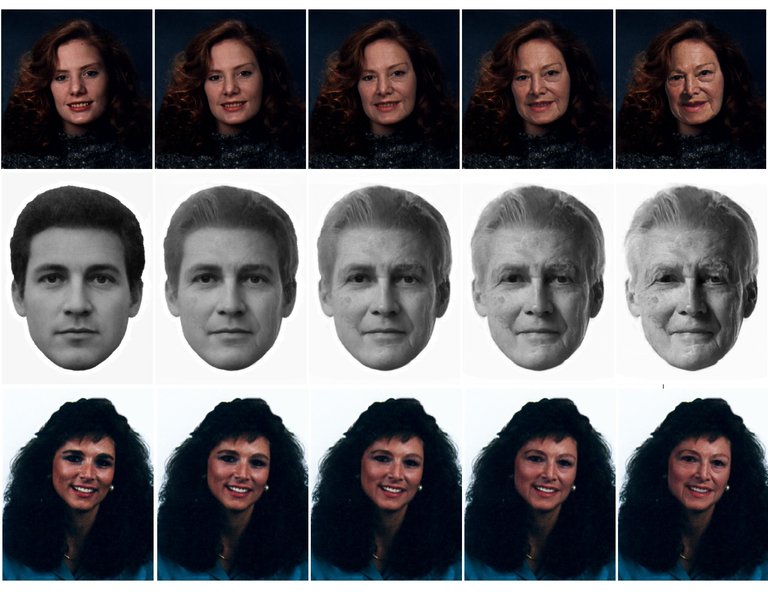The Possibilities of Aging Reversal 3: Are Longer Telomeres an Option?
Scientists aren't relenting on the slowing down of human aging, in fact, they are looking for ways to reverse it. A lot of scientists such as Nobel prize winner in physiology of medicine, Elizabeth Blackburn even confirmed that we are beginning to have control over the causes of aging. So join me as we unravel scientist's endeavors with aging.
In the 1930s, Barbara McClintock did a lot of DNA studies and found out that when chromosomes are broken into two, they fuse with other chromosomes but when they weren't broken, they didn't fuse together. She assumed that there was a reason for this not to occur. A few years later, In the late 1930s, Herman Muller discovered Telomere which was what was at the end of DNA strands, preventing them from fusing with one another. These studies were concluded and recognized in the 2009 Nobel Prize in Medicine.

In the process of studying more about the cells, scientists were able to isolate cells, but there was something different and that was the fact that they could not isolate them for long as they begin to die over time but while alive, as they reproduce, they lose part of their telomere in its DNA, when the telomere is completely lost, the cell will not be able to reproduce again, forming the End of Replication Problem.
This study wasn't completed until Elizabeth Blackburn decided to investigate the DNA with a single-cell organism known as Tetrahymena thermophila and she was able to find that Cells sacrifice their telomere as they reproduce until they are unable to do so again as a result of losing the telomere completely. With Elizabeth Blackburn's study, it has shown that Telomeres become shorter as we age and that the shortage of telomeres in humans is responsible for a lot of age-related diseases.
Our cells become disregulated as they lose more telomeres and stop making new cells where they end up in a zombie state which then starts to release molecules that can cause inflammations leading to heart diseases, diabetes, autoimmune diseases, and age related infections. The chromosomes are not protected when the telomeres are no longer available giving a high risk for cancer.
A study on bird with short and long telomeres linked telomere length with early survival in life. The use of telomerase was then used to reduce the shortening of the telomere as it makes the telomere longer. Scientist have been researching on how to make telomeres long, and in a recent study, they found the the immune cells can pack telomeres into small packages, giving them to their sorrounding cells and are looking at how to use them for other sorrounding cells. While it looks like there is a light at the end of the tunnel, increasing the telomere of our DNAs can come with risks such as increasing the telomeres in precancerous cells which can lead to the production of cancerous cells increasingly, increasing the risk of cancers
I suppose they'll end up finding a way of going around things for minimal damage especially when it comes to increasing cancer cells.
That's an enlightening post.
Thanks for your contribution to the STEMsocial community. Feel free to join us on discord to get to know the rest of us!
Please consider delegating to the @stemsocial account (85% of the curation rewards are returned).
Thanks for including @stemsocial as a beneficiary, which gives you stronger support.